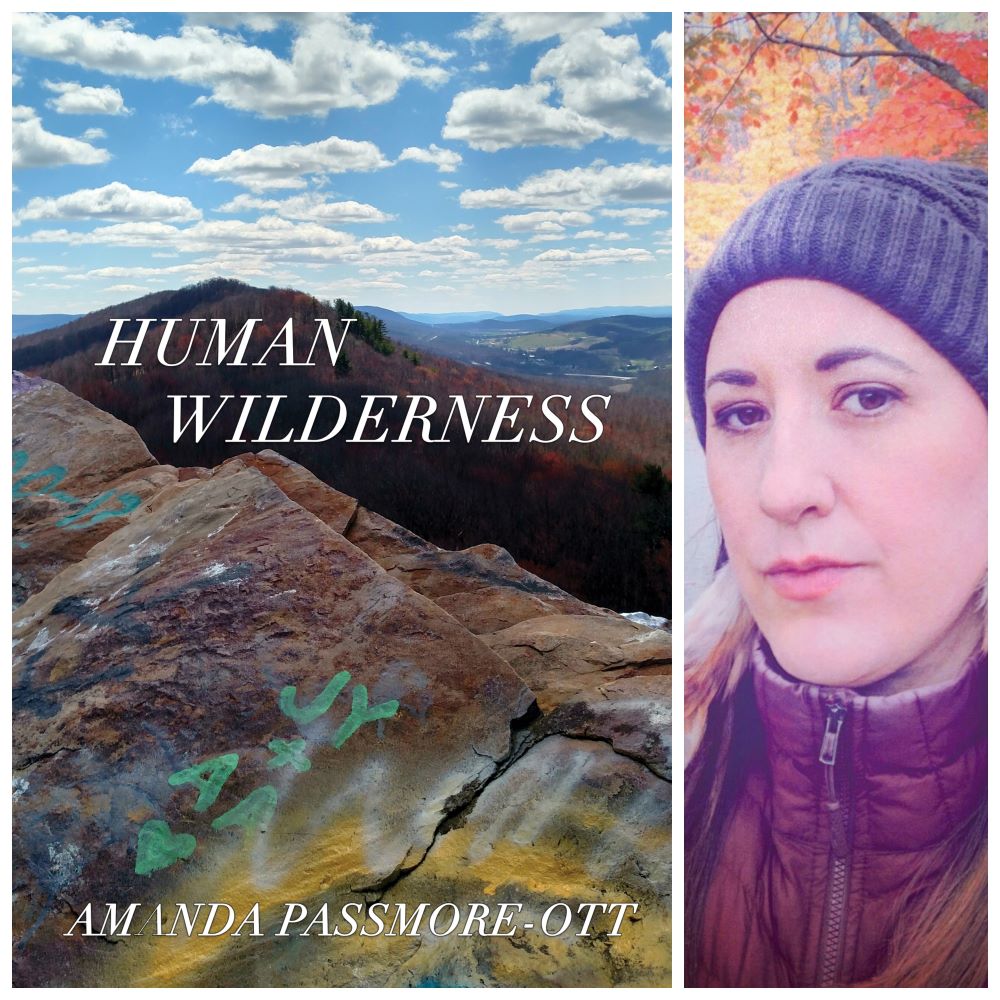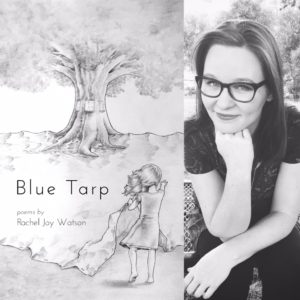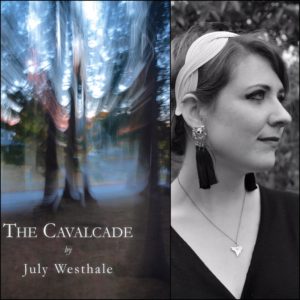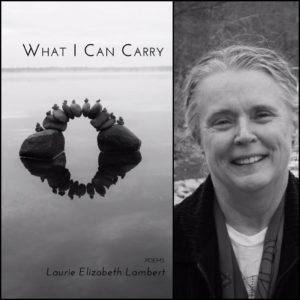In the penultimate poem in this chapbook, Amanda Passmore-Ott writes, “how easy it is to confuse becoming / whole with becoming someone else.”
I sat for a long time with that line, turning it over in my mind as if it were a smooth stone I might turn in my hand. I know that the stone begins as part of a much greater whole, but time takes care of breaking it off, wearing it down, shaping it into something easily grasped—something that is whole in itself, although it’s only a fragment.
Holding the stone is a way to know nature on an intimate scale. It’s one thing to scale mountains, another to cradle a stone. Essentially—elementally—the two forms are the same. What differs is the way we experience them.
Fortunately for us, Passmore-Ott has moved through both the external terrain and the interior landscape that it has helped to shape.
The poems in this collection aren’t “about” nature. They are “of” it. They are not born of observation so much as they are of immersion—the taking in, the slaking off, and the rebirth create an intimate experience. “Becoming whole” is a process of transformation that the poet invites the reader to not only share, but embrace.
–Charlotte Holmes
Amanda Passmore-Ott’s book, Human Wilderness, suggests that the world is ever-dying and we suspend ourselves in perpetual mourning, haunted by the occasion of milk-weed and the snake’s spent skin. “Grief is a haunting of / mid-June wilting to high summer” and the speaker sees it in the vivid and ephemeral images that pull her toward the wilderness and her own loneliness. The Earth acts as a palimpsest writ with markers of the past, from the mountain ridges to the speaker’s own longing from childhood to adulthood, a longing that pressed her into the mud and saw her chasing stars. Unable to transform herself or secure the stars, she instead painstakingly chronicles the changes around her, stung by ‘nature’s indifference’. Haunting and imagistic, these poems make the natural world a gorgeous purveyor of death and beauty where the speaker waits, as we do, “ for all those things/ others have heard and we have never seen.”
–Camille-Yvette Welsch, author of FULL and The Four Ugliest Children in Christendom
The poems in Amanda Passmore’s Human Wilderness are rooted deeply in the Earth, the natural world, from which we all slithered into being and to which we will all return in diffusing glory. And like us, her poems navigate that brief liminal space/time between Earth, Sky, and everything else, where the tussle ensues.
Nature will not be denied. Nor will humanity. Passmore weaves melodies, fiddle tunes, out of these elements. Gives us glimpses of (at least the potential for) metamorphosis.
–Steven Sherrill






Ape (verified owner) –
I love it! Something great to read while sitting on a country porch surrounded by nature.